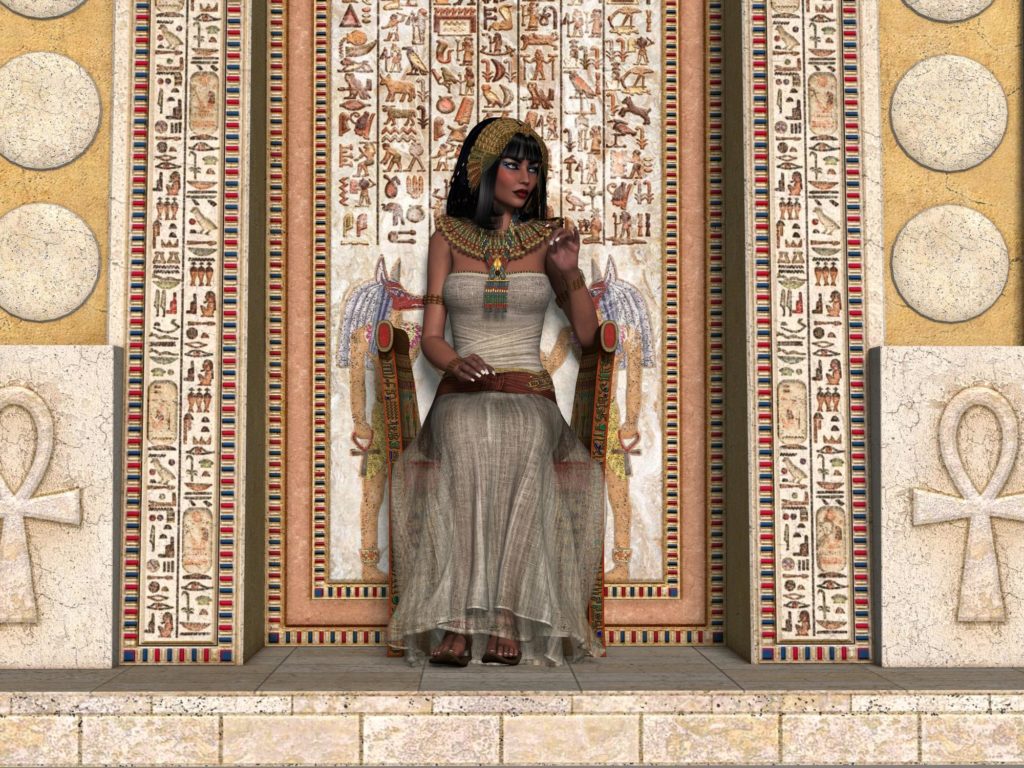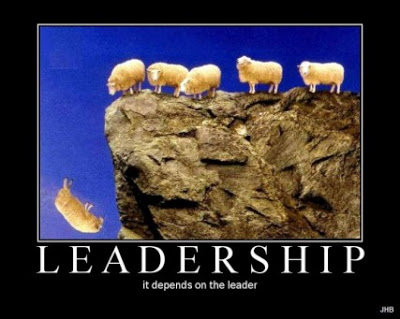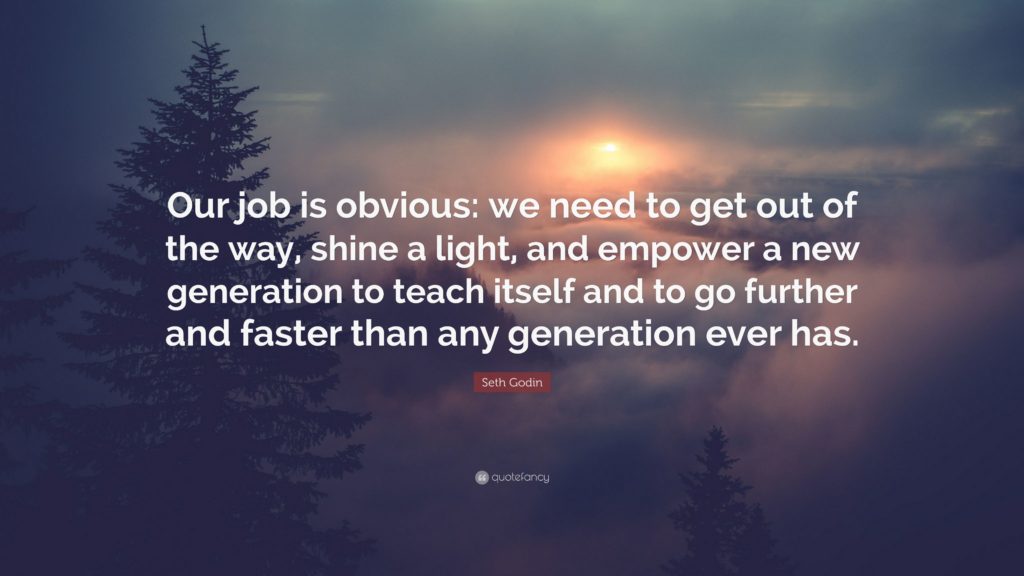
Conscious and heart-centered leadership is needed now more than ever to deal with all the pressing global issues we face a species. We need to move away from fear-based devices like armies and firearms, to ones that are rooted in compassion and wisdom, like negotiation, collaboration, and cooperation. These four lessons from benevolent leaders of history will inspire us with way to make this a reality. (Estimated reading time: 6 minutes)
“Enlightened leadership is spiritual if we understand spirituality not as some kind of religious dogma or ideology but as the domain of awareness where we experience values like truth, goodness, beauty, love and compassion.”
— Deepak Chopra
Since the dawn of time, people have been governed by leaders. In the past, kingdoms were led by tribal chiefs, kings, queens, and nobility. Over the years, leadership roles have shifted from these autocratic titles to democratic ones such as President and Prime Minister.
Even though leadership labels and regimes have changed, the concept has stayed the same. Leaders typically possess a skill set and qualities that facilitate their ability to guide, make decisions, and direct their subordinates to accomplish common goals.
In theory, this is what is expected of a leader, but often the individuals who take up this role do not follow through. An unjust, biased, and arbitrary selection process can result in the election of a head who is unqualified, emotionally unstable, and power-hungry. With all this baggage, people under such rulership are vulnerable to the gaps in their leaders’ ability.
History has plenty of examples of incompetent and ruthless rulers who left their kingdoms in a state of disarray, chaos, and destruction – Attila the Hun, Queen Mary I of England, Vladimir Lenin, Fidel Castro, and Mao Zedong are just a few examples. The scars of their leadership remain in the souls of many and serve as a warning to the consequences of having a leader who lacks heart.

While an ironfisted attitude and astute military strategies are instrumental in gaining territory and intimidating enemies, it can jeopardize people’s wellbeing if taken too far. Leaders who overuse this approach are almost always driven by greed and the desire for personal glory.
They followed the Machiavellian leadership code that encourages “a duplicitous interpersonal style, a cynical disregard for morality, a lack of empathy, and a focus on self-interest and personal gain.”
Fortunately, some leaders chose differently. Their policies, centered on creating better conditions for their people, were influenced by enlightened ideas on leadership. These ideas were propagated by the doctrines of the Roman pater familias and Confucianism, which states that “a leader’s primary purpose is to serve the people and guide them.”
Rulers influenced by these principles ushered their states into eras of progress, peace, efficiency, and stability. Ancient leaders like Cyrus of Persia and Ashoka of India, and leaders from modern history like Churchill, Gandhi, and Mandela are examples. Their contributions were profound and changed the course of history for the better.

Conscious and heart-centered leadership is needed now more than ever. Pressing global issues that involve environmental ethics, world peace, and the resolution of inequality, world hunger, and poverty can only be fixed with a compassionate form of supervision. We need to move away from fear-based devices like armies and firearms, to ones that are rooted in compassion and wisdom, like negotiation, collaboration, and cooperation.
If we have to evolve as a species, we need leaders who are capable of taking us there. Although the past cannot offer us a precise template for benevolent and effective leadership, it does suggest patterns and nuances from which we can glean a balanced leadership style.
Through their life stories, great leaders have shown us the nature of benevolent leadership and potential outcomes. Here are four lessons that we can learn from benevolent leaders:
1. Good leadership requires a balance of both masculine and feminine energy: Leadership has traditionally been associated with masculine qualities like assertiveness, independence, action-orientation, and rational and logical thinking. However, too much masculine energy, to the exclusion of gentler feminine traits, can cause an imbalance. Good leadership requires a combination of masculine and feminine characteristics such as empathy, relationship-based intuition, receptivity, patience, and compassion.
Mahatma Gandhi is someone who was able to establish this balance in his leadership approach. Even though he was determined to achieve his end goal (India’s independence from British colonization), he successfully enforced his will through a policy of non-violence and civil disobedience versus outright aggression and brute force.
2. A solid sense of ethics and morality form the bedrock of benevolent leadership: You can’t be a benevolent leader if you’re not a person of good character with a moral compass that points to what is right and wrong. A foundation of personal ethics will influence a leader to create rules that are fair and just for everyone.
During her tenure as First Lady, Eleanor Roosevelt was an advocate for the civil rights of African Americans, as well as a supporter for women rights. In her syndicated newspaper column titled ‘My Day’ she voiced her thoughts on various social and political issues. After her husband’s death, she served as a U.S. delegate to the United Nations where she played a key role in drafting the Universal declaration of rights.
3. Being a good leader doesn’t make you naive and ignorant: Benevolent leaders are often seen as being too ‘soft’, naive, passive, and yielding by their contemporaries. It was feared that the head of state could easily be taken advantage of by their more cunning and cut-throat enemies. Although kind and trusting leaders have been exploited and crushed in the past, it’s essential to understand that it wasn’t their altruism that got them into trouble, but other factors such as a lack of a good strategy and foresight to prepare them for potential threats.
Queen Elizabeth I was a tolerant ruler who tried to make England a fairer place for everyone. However, she was always one step ahead of everyone. She was a strong and formidable leader who wasn’t shy of using her clever, shrewd, and ruthless ways to protect her country’s interest.
4. Leaders make the best decisions when they listen and learn: The archaic model of leadership implied that the king or queen was bestowed with God-like powers that instilled an inherited ability to make the best decisions for their people. Leaders raised with this belief developed a sense of grandiosity, convinced that they could make any decisions despite what their subjects thought.
King Louis XVI is one such example – he was eventually beheaded by the French revolutionaries for his ignorance. A benevolent ruler on the other has the wisdom and humility to know that the best decisions are the ones that are made through discussion and alliance. They step out of an ego-mindset and listen to their constituents, and make informed decisions based on that communication.
During the Cuban Missile Crisis, President John F. Kennedy insisted that he listen to various points of view from his advisors before deciding how to tackle the Soviet challenge in Cuba. He believed in the value of selecting strong and independent subordinates as a safeguard against making poor decisions.
No matter how vast their ‘kingdom’ is, a leader has the responsibility to create policies that will benefit everyone. Before signing any paper, they need to ask themselves if approving a particular course of action will improve the life of another. Whether they realize it or not, their jurisdiction affects the destinies of many. This is a responsibility that shouldn’t be taken lightly.
All my best on your journey,
Seline

Reflection Question: Which benevolent leaders from history inspire you the most? Which of their qualities do you most admire and why?
Did you like this post? Sign up below, and I’ll send you more awesome posts like this every week.

I feel myself drawn more towards people who were leaders in smaller ways. Not leader of empires or armies but leaders of movements and rebellions. Those who silently but boldly and powerfully lead against tyranny. People like Deitrich Bonhoeffer, Schindler, Corrie Ten Boom, and others like them. Leadership is not always showy and bright and obvious but it will be remembered in history and by those who were touched by that leadership and that determination\!